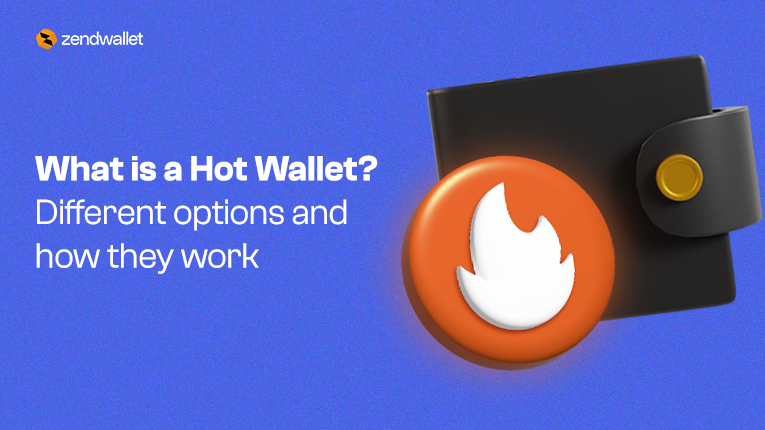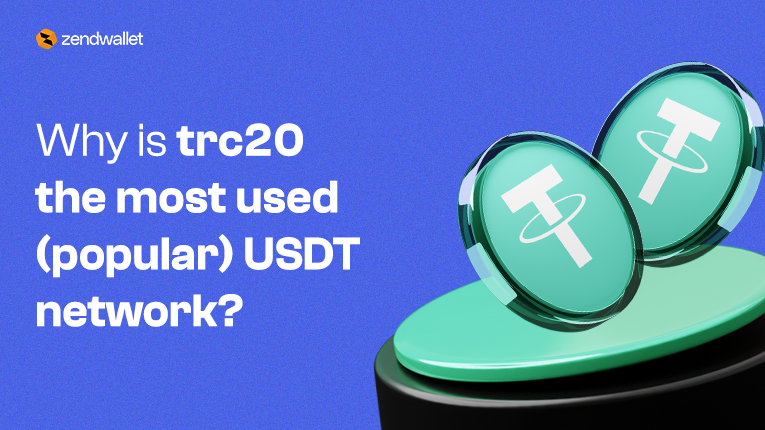Bitcoin vs Ethereum: Which Is the Better Buy? Bitcoin (BTC) and Ethereum (ETH) are the top cryptocurrencies, with Bitcoin holding a market cap of over $500 billion and Ethereum around $200 billion.
Bitcoin, the first cryptocurrency, is often called the digital equivalent of gold. It primarily acts as a store of value and a medium of exchange, providing a decentralized alternative to traditional currencies.
Transactions are verified through mining, using a proof of work (PoW) method where users solve complex puzzles. Miners receive newly minted Bitcoins as rewards, currently at 6.25 BTC per block, which halves every 210,000 blocks in a process known as Bitcoin halving.
Ethereum, however, is more than just a cryptocurrency. It is a decentralized computing platform that supports smart contracts and decentralized applications (dApps), enabling revolutionary changes across various industries.
This article will explore the key differences and similarities between Bitcoin and Ethereum, their prospects, and how to invest in Ethereum. Let’s begin with a brief overview of each.
What is Bitcoin?
Bitcoin (BTC), the first cryptocurrency, was created in 2009 by an anonymous entity known as Satoshi Nakamoto.
As a decentralized digital currency, Bitcoin operates on a peer-to-peer network, enabling secure, anonymous transactions without the need for intermediaries like banks.
One of Bitcoin’s most notable features is its limited supply. Only 21 million bitcoins will ever exist, which helps maintain its value and potential for appreciation as demand increases.
Powerful computers generate bitcoins through mining, solving complex mathematical problems to validate transactions and create new bitcoins. This system ensures the integrity and security of the Bitcoin network.
What is Ethereum?
Ethereum, introduced in 2015 by Vitalik Buterin, is a decentralized computing platform.
Its blockchain technology enables developers to deploy smart contracts and self-executing agreements with terms directly encoded into code.
Smart contracts automatically execute actions when specific conditions are met, functioning as digital agreements.
They power decentralized applications (dApps) across various sectors, from gaming and socializing to decentralized finance (DeFi) and non-fungible tokens (NFTs).
Operating on a decentralized network of computers worldwide, Ethereum shifted from energy-intensive mining to a proof-of-stake (PoS) system in 2022.
Validators, chosen algorithmically, stake cryptocurrency as collateral to validate transactions and earn rewards.
Ether’s supply isn’t capped, but a burn mechanism reduces it. Users pay a fee with each transaction, part of which is burned, making Ether deflationary. This simplified system ensures transparency and efficiency within the Ethereum ecosystem.
Bitcoin vs Ethereum: What Are the Differences?
Bitcoin and Ethereum are prominent cryptocurrencies, yet they differ significantly in design, purpose, and functionality. Here’s a breakdown of their fundamental differences:
1. Transaction Speed and Cost:
Bitcoin’s transaction speed is slower than Ethereum’s due to its block size limit of 1MB, restricting the number of transactions processed per block.
Consequently, Bitcoin transactions can take up to 10 minutes to confirm, while Ethereum transactions typically confirm in under a minute.
Additionally, Bitcoin transaction costs can be higher due to network congestion and limited block size, whereas Ethereum’s larger block size and more efficient network result in generally lower fees.
2. Mining – Proof of Work vs. Proof of Stake
Bitcoin and Ethereum employ different methods to verify transactions and maintain blockchain integrity.
Bitcoin utilizes a proof-of-work (PoW) consensus algorithm, necessitating miners to solve intricate mathematical puzzles for transaction validation and block addition.
This process demands substantial computational power and energy, rendering it costly and environmentally taxing.
Ethereum, however, is transitioning from PoW to a proof-of-stake (PoS) algorithm. PoS mandates validators to hold a specific cryptocurrency amount to validate transactions, eliminating the need for energy-intensive mining. This transition aims to enhance Ethereum’s environmental sustainability and cost-effectiveness.
3. Smart Contracts and Decentralized Applications (DApps):
Ethereum supports smart contracts and DApps, enabling secure, automated transactions without intermediaries. Bitcoin does not natively support these features, limiting its utility beyond digital currency transactions.
Ethereum’s facilitation of smart contracts has spurred the creation of various decentralized applications (dApps). These include decentralized finance (DeFi) platforms, non-fungible token (NFT) marketplaces, and many other innovative applications.
4. Supply Cap and Deflationary Nature:
Bitcoin has a finite supply capped at 21 million, promoting scarcity and potentially increasing value over time.
While Ethereum has no supply cap, recent burn mechanisms have made it deflationary, reducing the total supply and potentially positively impacting value.
5. Use Cases and Future Prospects:
Investors primarily regard Bitcoin as a digital currency and store of value, linking its future price performance to adoption and demand as an inflation hedge.
Ethereum’s emphasis on smart contracts and DApps positions it as a platform for innovation. Price performance is tied to its network’s popularity and applications’ growth.
Similarities Between BTC and ETH?
Bitcoin and Ethereum share many similarities despite their differences.
Both are decentralized digital currencies that operate on blockchain technology, which means they don’t need a central authority like a bank to manage transactions. You can use Bitcoin (BTC) and Ethereum (ETH) to pay for goods and services or as an investment.
BTC and ETH are known for their price volatility, meaning their values can change quickly. This volatility has attracted the attention of prominent investors and institutions who see potential in these cryptocurrencies.
Another similarity is the strong developer communities behind both Bitcoin and Ethereum. These communities work on improving the technology and creating new applications, keeping the currencies relevant and innovative.
While Bitcoin is seen as a digital alternative to gold and primarily used as a store of value and medium of exchange, Ethereum’s main feature is its ability to support smart contracts and decentralized applications (dApps).
Despite these differences in functionality, both cryptocurrencies have proven their worth and are likely to remain essential players in the digital currency space.
Before investing in either Bitcoin or Ethereum, you must consider your risk tolerance and investment goals to make an informed decision.
Bitcoin vs Ethereum: Development and Future Prospects
Bitcoin and Ethereum have big groups of developers working to improve their technologies. Bitcoin has existed for a long time, so it’s more widely used and accepted.
However, Ethereum has a lively development community, mainly because it supports smart contracts and apps. This makes Ethereum flexible and versatile.
Looking ahead, both Bitcoin and Ethereum seem promising. Bitcoin will stay on top because it was the first to be used by many people.
Ethereum is also expected to grow because of its smart contracts and the people making new things. This means Bitcoin and Ethereum will likely remain essential in cryptocurrency.
How to Invest in Bitcoin and Ether
Investing in Bitcoin and Ethereum is now easier than ever with Zendwallet.
You can purchase both cryptocurrencies directly on our platform, eliminating the need for multiple exchanges or brokerage accounts.
With Zendwallet, you can securely buy, sell, and hold Bitcoin and Ether in one convenient location.
Additionally, Zendwallet offers a seamless investment experience in Bitcoin and Ether ETFs.
Zendwallet is the best crypto exchange. It offers everything you need to invest in Bitcoin and Ether in one place.
Join Zendwallet today and start your crypto investment journey with ease.
Conclusion
Bitcoin and Ethereum hold significant positions in the cryptocurrency market, each with strengths and advantages.
Understanding the distinctions between these two cryptocurrencies is essential for making informed decisions in the crypto market.
While Bitcoin offers stability and established credibility, Ethereum provides versatility and opportunities for groundbreaking projects.
Ultimately, the choice between Bitcoin and Ethereum depends on individual investment goals and risk tolerance levels.
Related Articles:
Cheapest Place to Buy Bitcoin in Nigeria



